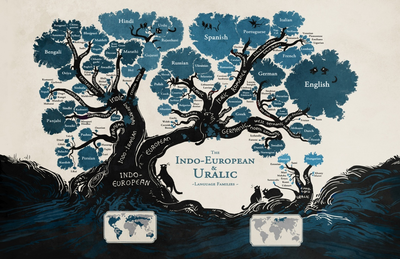About the topic
Why, despite the stunning changes around us, do some things in society change so little? Apparently societies have ways to maintain social structure despite, or even through, changes. This theme group takes the glass ceiling for women as an example. This phenomenon exists in all societies, albeit in different forms. Our means is “agent-based modelling”, which allows to re-play society in computer models, “grow it to show it”. In this study we shall make agent-based models of groups of children. We’ll design the children using development psychology, sociology, and cultural psychology, and see what happens when we let them play. Rui Prada works on social emotions in particular, such as pride and shame. Gert Jan Hofstede concentrates on how patterns can emerge from interactions without being imposed from above, for instance, who’s boss in a group. Frank Dignum focuses on how patterns can become norms, for instance norms about what roles are appropriate for girls and boys.
Gert Jan Hofstede, Theme Group Coordinator







